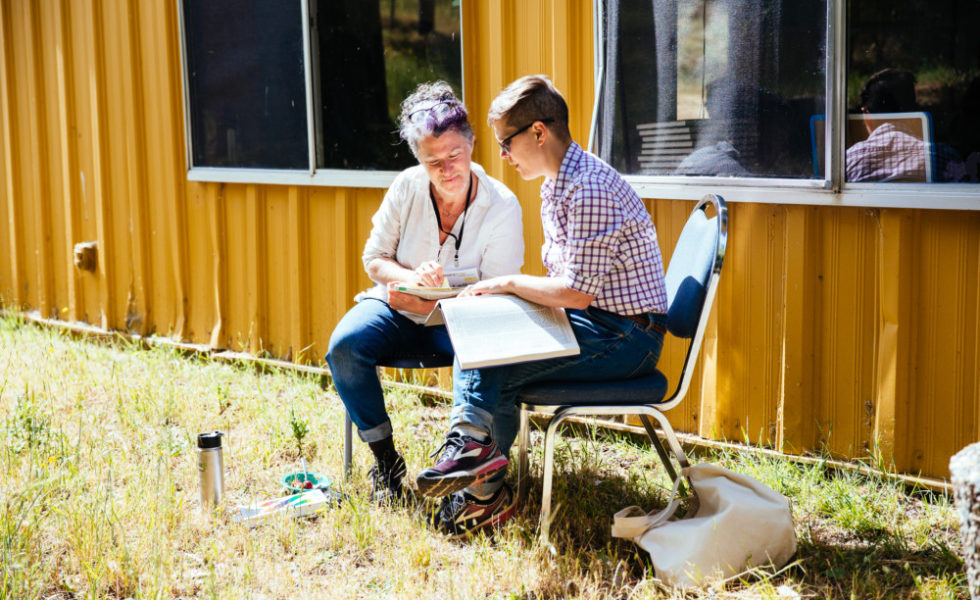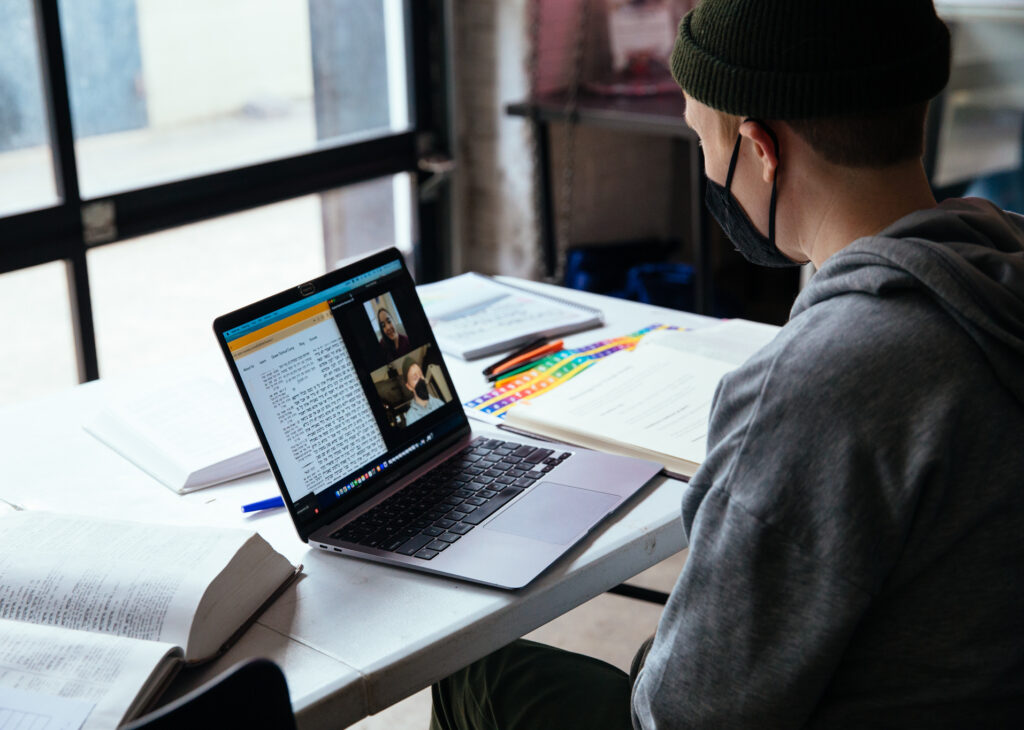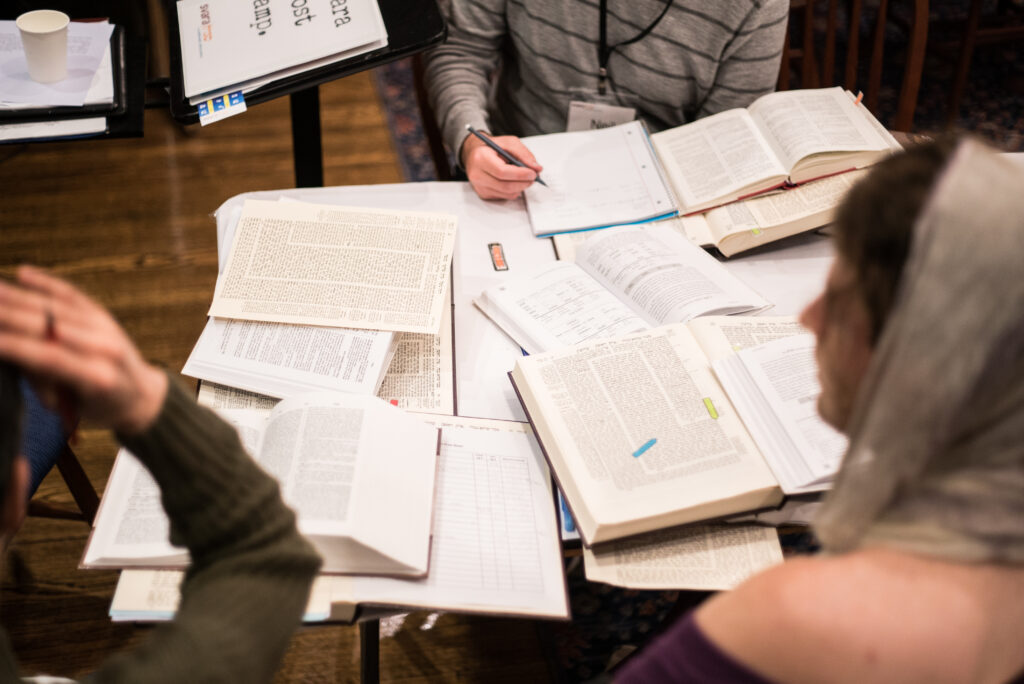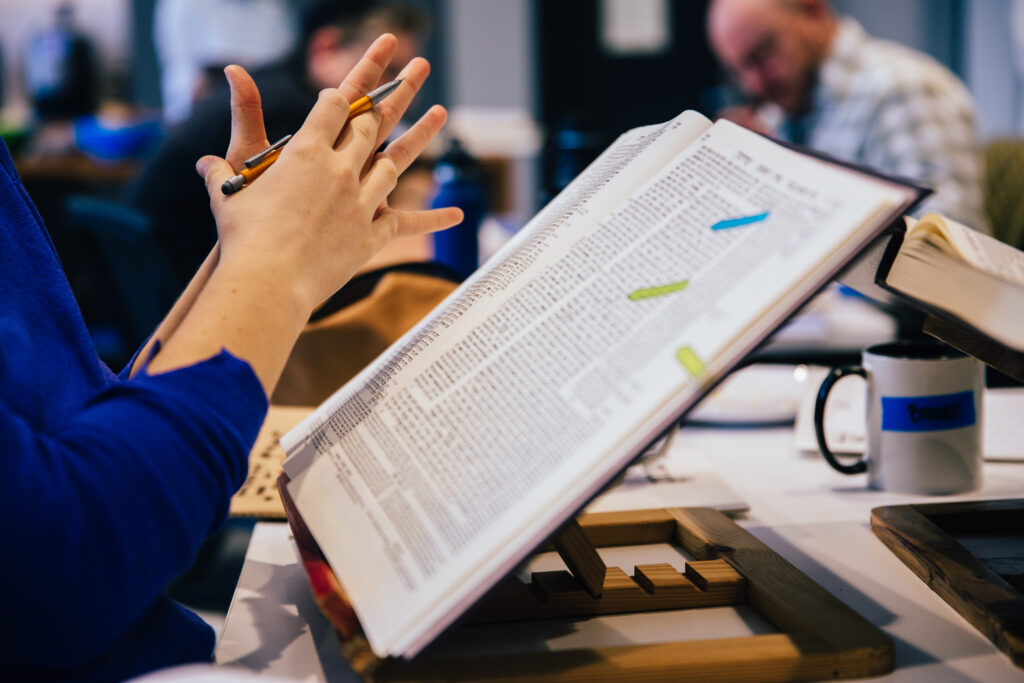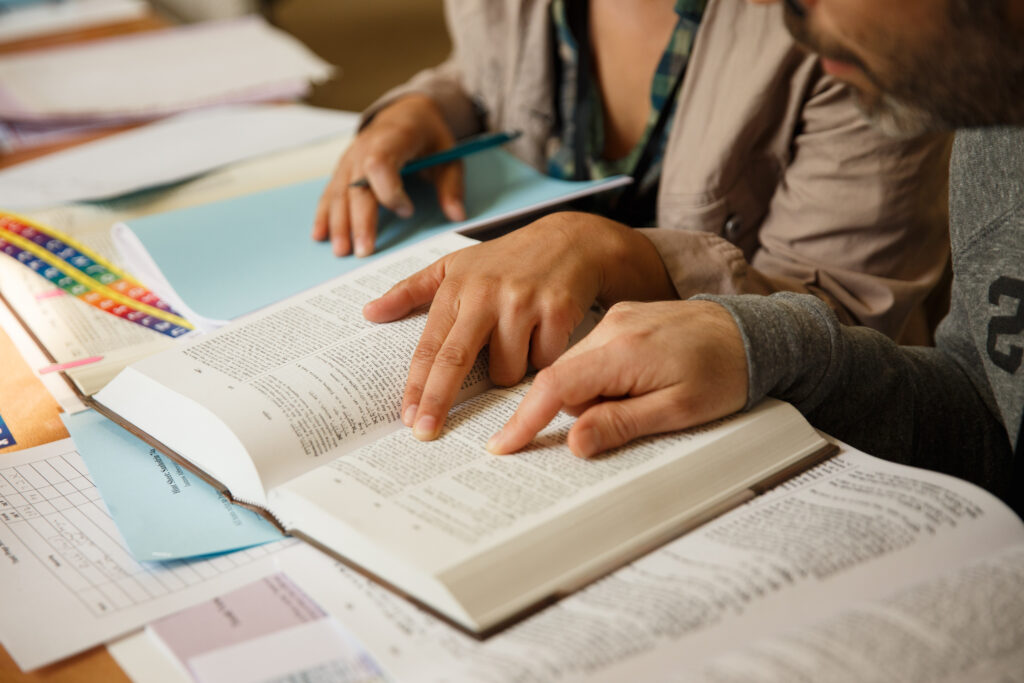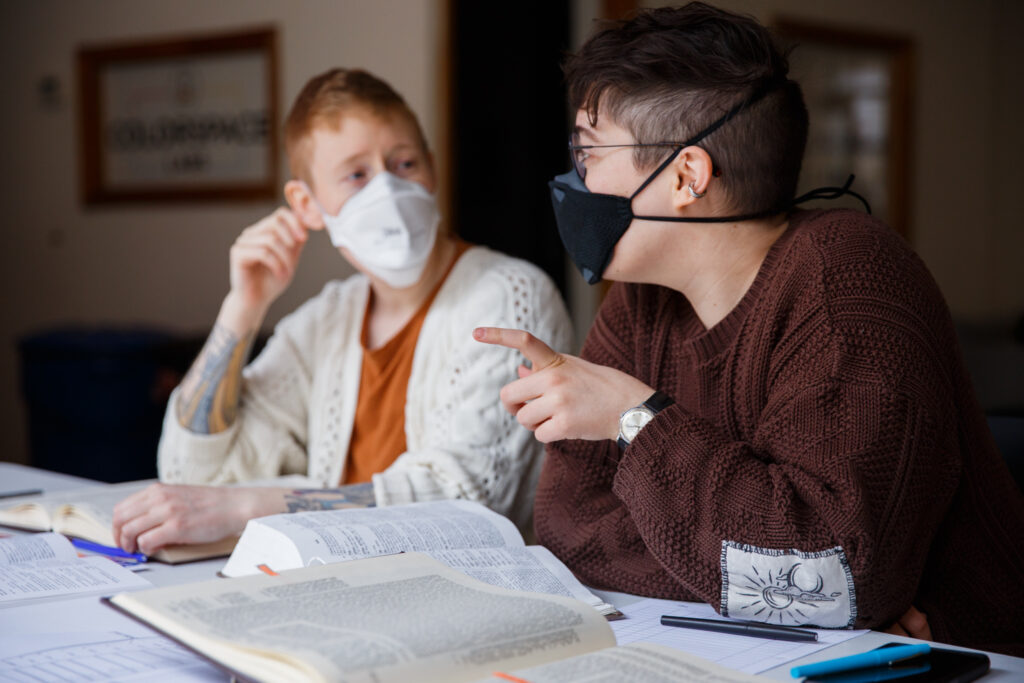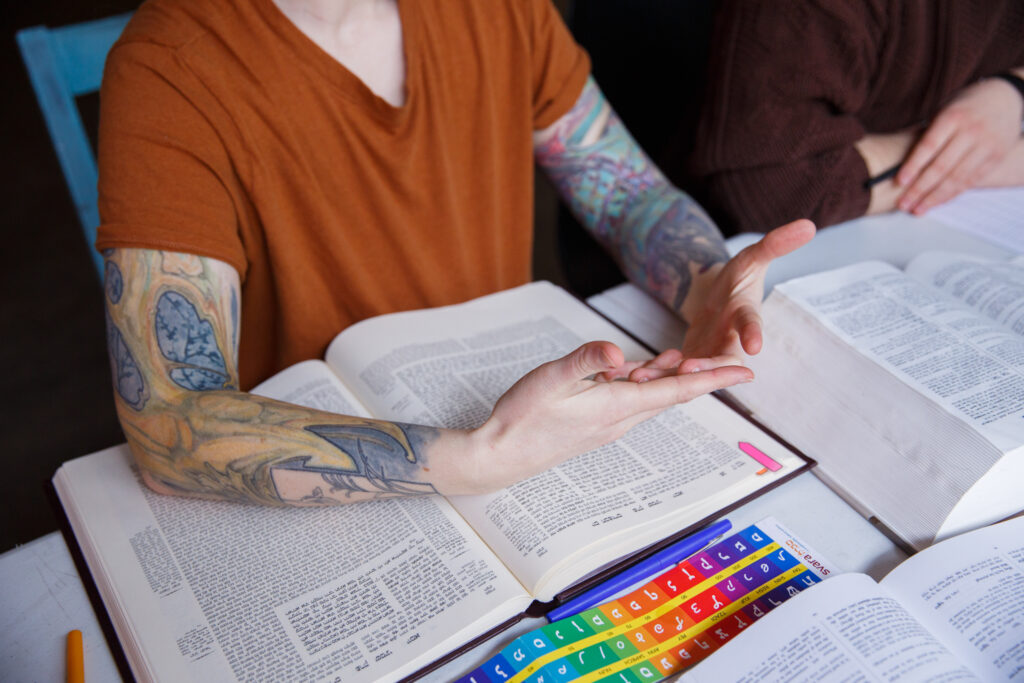A few months ago, I woke myself up from a nap sobbing. I don’t recall whether I was dreaming, or what exactly was going on around me at the time, but the feelings of deep exhaustion and overwhelm had clearly rooted in deep and needed an outlet that I hadn’t otherwise made space for. I come back to that moment periodically, a moment that defines for me the ongoing tension of living in the present while keeping the stress and worry so far away as to feel surprised (and caught asleep and unawares!) when it catches up again.
There is no common experience of this time in our world. We are each making our way through on our own paths, seeking connection and like experiences to help keep us grounded. This tension sits on top of all the other trauma we held even before this pandemic — racism, antisemitism, transphobia, queer trauma, ableism, and more — there is so much that we carry and it’s underneath us whether we’re able to access it or not, moving with us through our days and intertwining with everything else inside us.
Laynie recently shared this text with me, one that they offered has been a source of strength for them as they move through time from moment to moment:
.הִזָּהֲרוּ בְּזָקֵן שֶׁשָּׁכַח תַּלְמוּדוֹ מֵחֲמַת אוֹנְסוֹ. דְּאָמְרִינַן: לוּחוֹת וְשִׁבְרֵי לוּחוֹת מוּנָּחוֹת בָּאָרוֹן
Be careful to continue to respect an elder who has forgotten their Torah knowledge due to circumstances beyond their control. As we say: Both the tablets of the Covenant and the broken tablets of the Covenant are placed in the Ark.
This text teases out for me the power of embodied learning. Even though the first tablets were broken, their sanctity remains. Even though the elder is no longer a Torah scholar, they must still be respected for the Torah that they once possessed. Why? Because, the text is saying, we are like the tablets–both the whole ones and the unbroken ones–and the learning we now embody is still sacred and whole.
When I first heard this text, the wisdom of it felt so live. Of course a lifetime of learning deserves respect. Of course an elder remains sacred and worthy of honor even as they become less able to share their learning in the present. Of course our learning takes root, deep inside of us, the same way worry, fear, love, and hope do.
I am letting this text sink into my bones. I imagine each one of us as the broken tablets, as the elder who has forgotten, as the ones who are worthy of honor and respect, that were held as sacred by the community. I see this as a metaphor for us, in our learning community today. We are holding knowledge deep and whole within ourselves, side by side with our traumas that are deep and whole.
In this text I find comfort and forgiveness, permission to honor the loss that this year has brought and the key to access an inner strength that we all have. Perhaps through our learning together, we’re more able to tap into an anchoring force that can help us navigate the realness of how hard things still are, even as we emerge into spring cycles of rebirth and the hope that increased vaccinations might bring. I’m drawing strength from the idea that, alongside all the brokenness, when we come together in the bet midrash we remind each other of the stores of wisdom deep within us and can see our wholeness reflected in each other.

